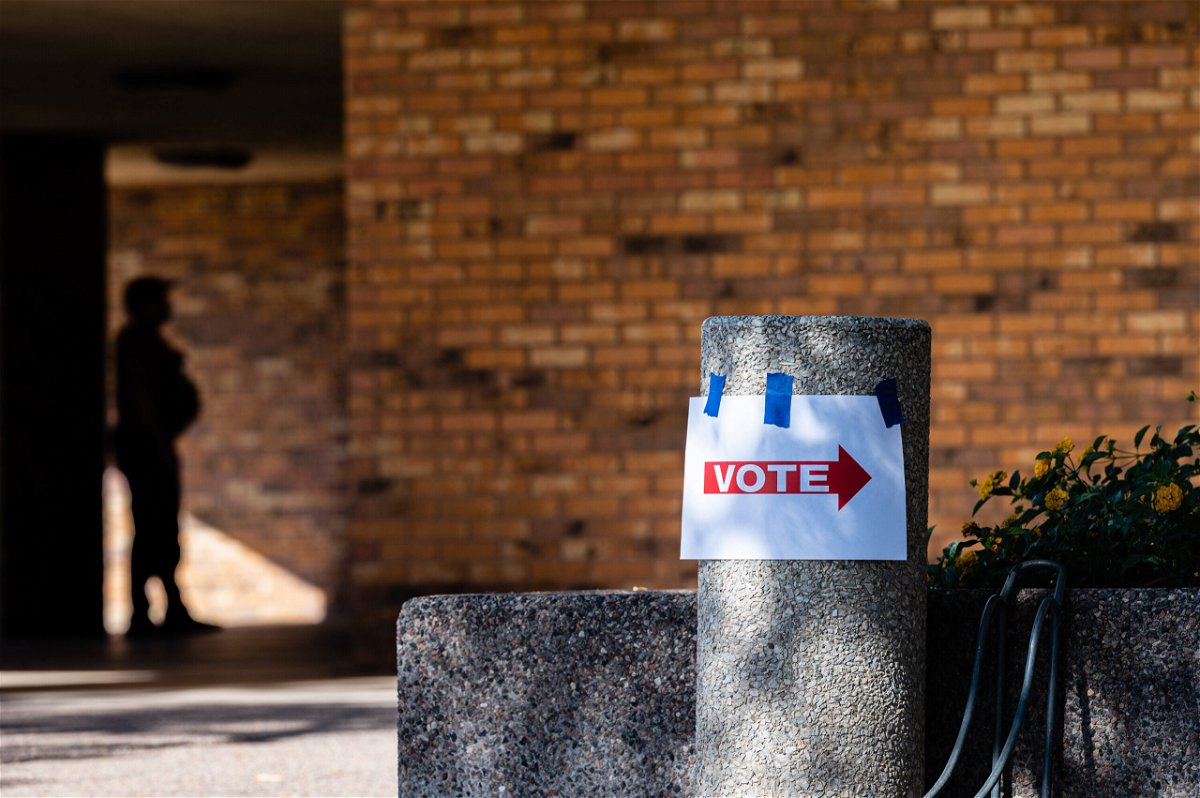Voter ID, citizenship, ranked-choice voting: Here’s what voters in these states decided about rules for future elections

On November 8
By Fredreka Schouten, Shawna Mizelle and Paul LeBlanc, CNN
Voters in several states on Tuesday were asked whether to amend rules that will determine how elections will be run in the future, focusing on issues such as citizenship and registration, photo identification, and early voting.
Several states have approved new rules, according to CNN projections. Here’s what we know so far:
Arizona: Voters rejected a ballot measure that stemmed from Republican legislators’ concerns about the security of the 2020 election and would have mandated that in-person voters present an unexpired photo ID that included their names and addresses.
Connecticut: Connecticut voters backed a state constitutional amendment to allow no-excuse early voting, clearing the way for the state legislature to further consider the step. Connecticut currently is one of just a handful of states without some form of early, in-person voting before Election Day, according to the National Conference of State Legislatures.
Nebraska: Voters approved a ballot initiative that would require voters in the state to present a valid photo ID to cast ballots which is among the most restrictive in the country. State lawmakers will be responsible for writing legislation to implement the change.
Ohio: Voters backed an amendment to their state constitution that will bar local governments from allowing noncitizens to vote in local elections. It also requires citizens to be registered voters 30 days ahead of Election Day to cast a ballot.
Michigan: Voters supported an amendment to Michigan’s constitution to ease rules for voting in a variety of ways. The measures establish nine days of in-person early voting, require state funding for ballot drop boxes, and provide prepaid postage to return absentee ballots, among other things.
Nevada: Nevadans voted in support of ranked-choice voting. If voters approve the measure again in 2024, state lawmakers would have to pass legislation implementing the change in order for it to take effect.
The measure would establish an open primary in which the top five candidates who received the most votes would move on to the general election.
In the general election, voters would then rank their preferences among the remaining candidates. If a candidate is the highest ranked on a majority of ballots in the general election, that candidate is declared the winner and the tabulation is over. If no candidate emerges as the outright winner, more rounds of tabulation would proceed. The ranked-choice voting measure must pass in 2024 as well.
This story has been updated with additional developments.
The-CNN-Wire
™ & © 2022 Cable News Network, Inc., a Warner Bros. Discovery Company. All rights reserved.